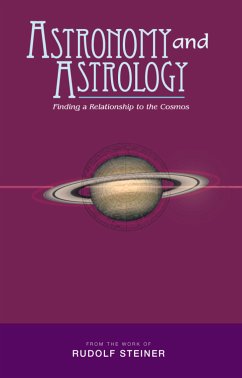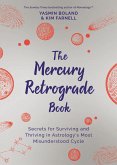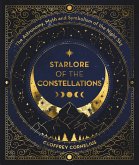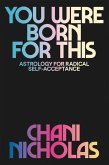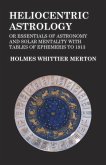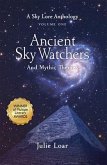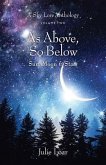Humanity, he says, is intimately connected to cosmic beings, who in turn are related to planets and stars. There is meaning in the cosmos. Although Steiner rejects the simplistic notion of the planets determining our lives and behaviour, he makes a clear connection between the heavenly bodies and human beings. Whilst criticizing the superficial nature of much astrology, Steiner shows that as individuals, and with the guidance of spiritual beings, we choose an appropriate time of birth to match the destiny we are to live.
This enlightening anthology, expertly collated by Margaret Jonas, features excerpts of Steiner's work on the spiritual individualities of the planets, the determination of human characteristics by the constellation at birth, the cultural epochs and the passage of the equinox, cosmic influences on the individual and humanity, life in the planetary spheres between death and rebirth, solar and lunar eclipses, comets, and much more.
Dieser Download kann aus rechtlichen Gründen nur mit Rechnungsadresse in A, B, BG, CY, CZ, D, DK, EW, E, FIN, F, GR, H, IRL, I, LT, L, LR, M, NL, PL, P, R, S, SLO, SK ausgeliefert werden.

